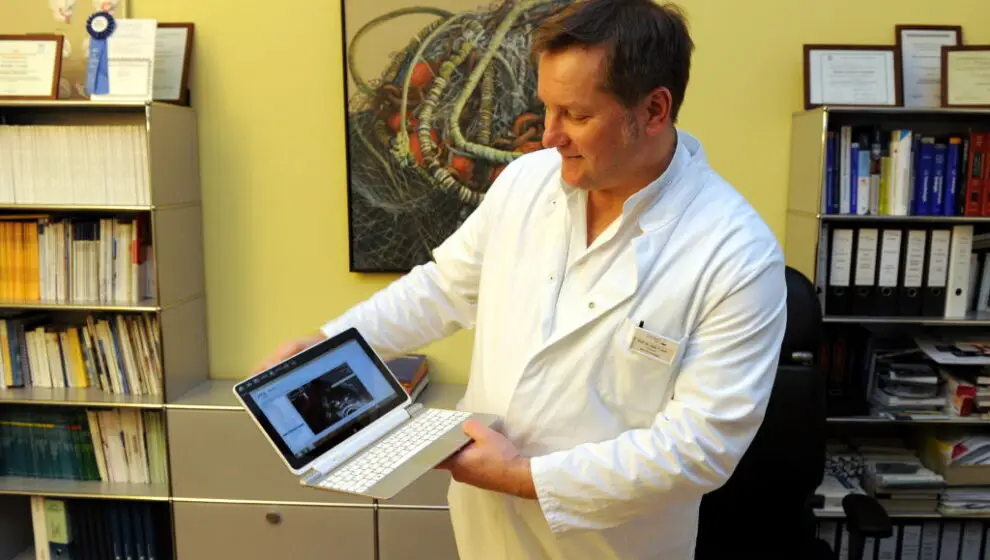The artificial-intelligence (AI) arms race has created greater demands and opportunities in the market for startups—but requires savviness and attentive leadership to succeed.
Key Details
- On November 30, 2022, OpenAI released ChatGPT, an advanced chatbot that revolutionized the market and created a massive demand for AI solutions.
- Microsoft partnered with OpenAI in December, with Google launching its own Bard AI in February, and OpenAI reaching 100 million users that same month.
- Smaller startups—including Runaway, Stability AI, AI21 Labs, Unlikely AI, Cohere AI, Stability AI, Jasper, Tome, Prisma Labs, Midjourney, ProFluent Bio, and Arya AI—are seeing greater demand from clients and interest from large tech companies to implement their technologies and servers into larger solutions.
- On May 31, the New York-based startup Hyro announced that it has raised $20 million in a Series B funding round, thanks to Macquarie Capital, helping to facilitate its work with automation and conversational AI in healthcare spaces.
Why It’s Important
The machine-learning and AI industries have undergone multiple waves of interest, success, investment, and execution. Until recently, the market was unproven as AI solutions were still more primitive, and massive rollouts were rare. ChatGPT completely changed the market, creating more demand than ever and giving new opportunities for startups to stand out in the open market.
Israel Krush is the co-founder and CEO of Hyro, which he founded in 2018 alongside his colleague and fellow computer scientist Rom Cohen. The two now focus on building automated and conversational AI models and solutions for healthcare clients. He tells Leaders Media that he has followed all of the trends of the past five years of innovation and developments in the AI market.
Before COVID-19, there were plenty of investors eager to jump on the promises of AI, but the unproven market became saturated, and difficult to differentiate unproven businesses and technologies. The pandemic created a new wave of demand as hospitals began seeking out automated solutions amid staffing shortages and stress.
The current post-ChatGPT market is flooded with opportunities now that people understand how the technology works, but startups require more attention to detail and differentiation than ever before.
Backing Up A Bit
Krush says that Hyro did not start out as a healthcare company but identified a space in the market that was being underserved at the time, which helped it stand out and find clients. Healthcare companies were having trouble rolling out solutions. Hyro found that the industry was a viable one that requires information-heavy organizations, heavy interaction with end users and was currently undergoing a digital transformation phase—perfect for machine-learning solutions.
“I’m an engineer by background, so I like to talk about technology, but I understand that this isn’t what the market is trying to solve. The sell wasn’t around ‘let’s create a chatbot or voice assistant.’ It was, ‘You have a call center that costs millions of dollars a year with agents who do repetitive tasks.’ We knew we could automate it,” says Krush.
The most recent wave of investment and interest has created new opportunities but also made it difficult to keep up at times. Technology moves fast, but he says that large language model innovations move faster as new breakthroughs are released on a weekly basis. Keeping up with the state of the market is a challenge. Still, he has found he is able to build off of new developments effectively without reinventing the wheel constantly, finding new opportunities along the way.
